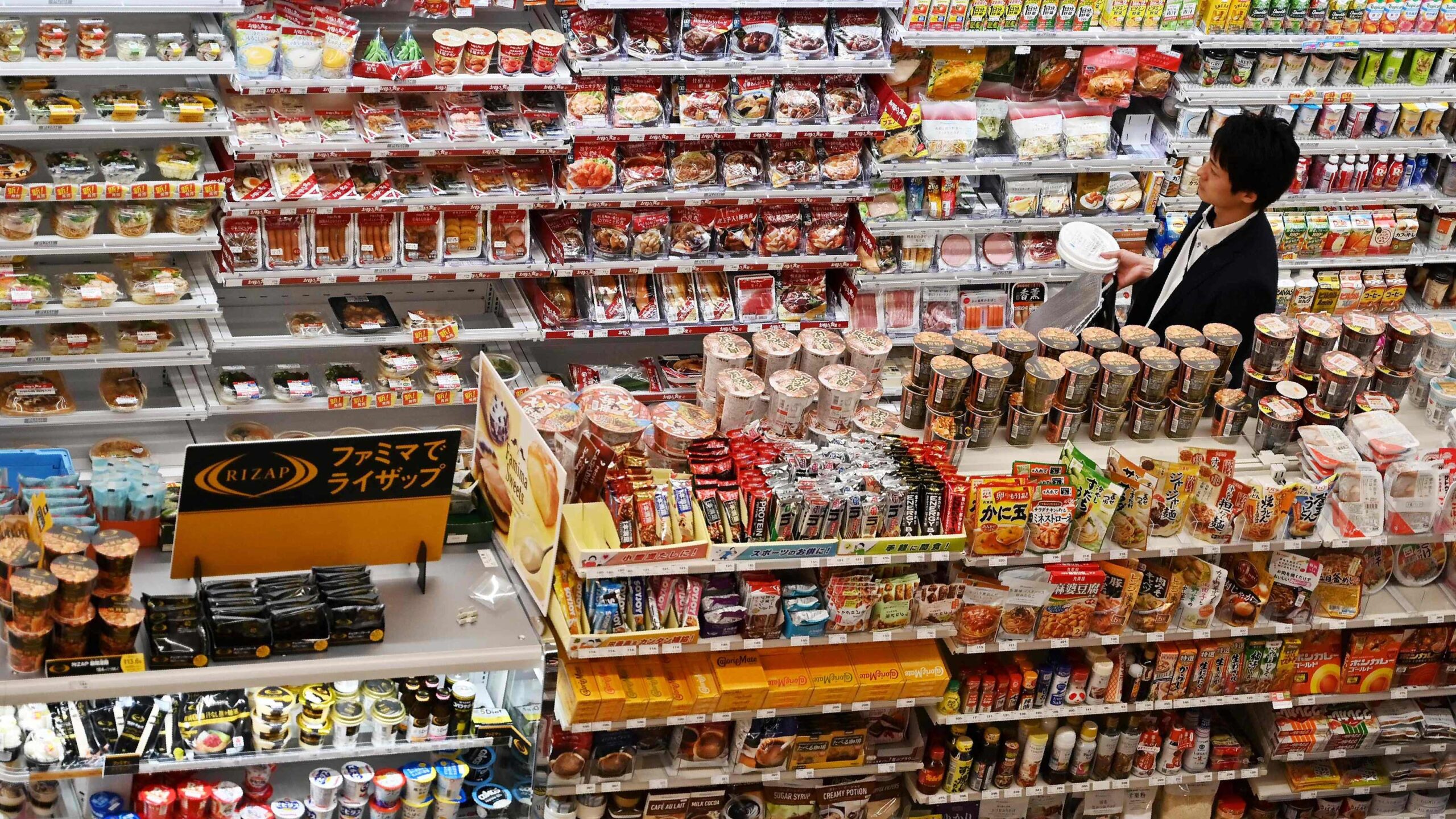In Japan, convenience stores (“konbini”) are a common sight near homes, workplaces, and along streets. They are used for shopping, sending packages, paying public utility bills, using bank ATMs, and more.
While convenience stores are indispensable to the lives of Japanese people, foreigners visiting Japan often find many aspects of these incredibly convenient stores surprising. Here are 10 examples.
- 24-Hour Operation:
- When it comes to Japanese convenience stores, most are open 24 hours a day. However, in some countries, store hours are fixed, and it’s not uncommon for stores to close at night.
- Excessive Safety:
- Store hours vary by country. In the United States, where convenience stores are open 24 hours like in Japan, many stores are attached to gas stations. While this is a convenience in car-centric societies, access is not always easy, and identification may be required at certain times. Additionally, some stores have strict measures regarding underage drinking and smoking, and some even carry guns for security reasons. In contrast, Japanese convenience stores are brightly lit at night, and people of all ages can enter freely, giving the impression of a safe country.
- Variety and Deliciousness of Food:
- Many people are surprised by how delicious convenience store food is. Japanese convenience stores put a lot of effort into their food offerings. Additionally, they always have bento boxes and onigiri (rice balls) available, so you can satisfy your hunger anytime. Some stores even make onigiri and side dishes in-store, adding a homemade touch to their offerings. The variety of sweets is also extensive, with many limited-time offerings. Each store has its own unique selection, and there are many delicious and affordable sweets available.
- Presence of Microwaves:
- Many people are surprised to find that there are microwaves in convenience stores. When you buy a bento box or side dish, there is always a microwave available in the store so you can eat it right away. In Japan, it’s common for the cashier to ask, “Would you like it heated?”
- Availability of Copy Machines:
- Another convenient machine that is unique to Japanese convenience stores is the copy machine. While there are companies that specialize in copying and printing in Japan, convenience store copy machines are very convenient for small-scale printing. They are perfect for personal use and cost only 10 yen per copy.
- Easy Access to Resident Certificates:
- Speaking of copy machines, you can now use your My Number Card to obtain documents such as resident certificates. The issuance fee is cheaper than at the ward office, so you can easily and affordably obtain these documents.
- Package Delivery Service:
- When you need to send a large package or parcel, you can bring it to a convenience store and they will handle it immediately. While it may be a rare service in some countries, recently, convenience stores have also started handling package pickups. This is convenient because you can pick up your items at any time.
- Payment of Utilities and Tickets:
- In addition to handling package sending and receiving, convenience store registers also accept various payments. Not only is it convenient, but you can also make a variety of payments. Some stores even handle high-value transactions such as concert tickets or travel expenses. While some foreigners are wary of making high-value payments without a receipt, Japanese people often use this service.
- Sale of Alcohol:
- In Japanese convenience stores, adults can buy alcoholic beverages at any time after age verification. It used to be common for the author to stop by a convenience store on the way home from work and buy a bento box and a can of beer as if it were normal, but some people are surprised by this availability of alcohol at all times. In Japan, age verification is done using a tap-style age verification on the register screen. If necessary, you may be asked to show identification, but in the United States, verification is generally required depending on the location. Also, there are many differences, such as specific times when alcohol can be purchased.
- Availability of Toilets:
- When it comes to convenience store toilets, the rule at many stores is simply to ask the staff before using them. Recently, due to the influence of the new coronavirus, some stores have stopped lending out their toilets, but the toilets themselves are not locked, and anyone can use them by simply asking the staff. In Japan, it’s common for convenience stores to have clean, unlocked toilets that anyone can use for free. Because the employees clean them frequently, they are kept clean and can be used comfortably even in emergencies.
